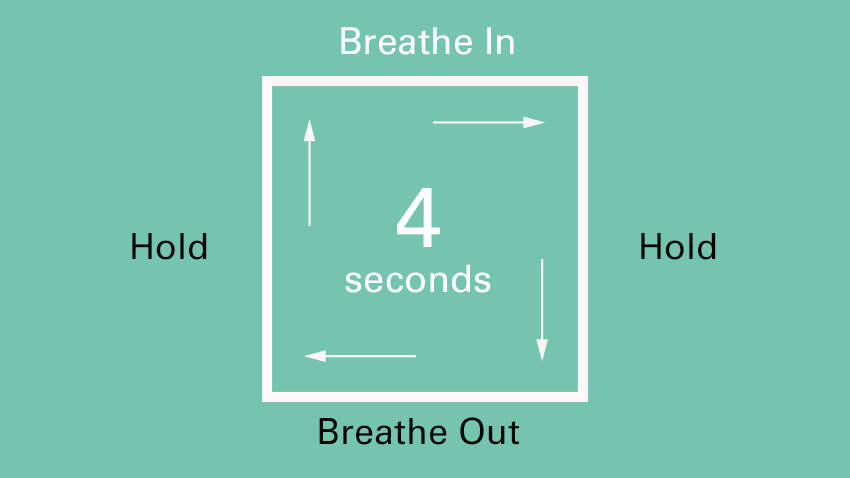This is my own personal image of Blue Mountain Lake from Castle Rock Trailhead in the Adirondacks last September.
Working in the ER is tough, and hopefully sometime in the next week, we can all spend some quality time outdoors. Today’s POTD is on finding Wellness in nature.
This study published in Nature on June 13, 2019 is titled “Spending at least 120 minutes a week in nature is associated with good health and wellbeing”.
Here’s a summary:
The authors studied the association between recreational nature contact in the last seven days and self-reported health and well-being.
They ascertained data from nearly 20,000 participants in the Monitor of Engagement with the Natural Environment Survey, a UK survey that tries to capture time spent in the natural environment.
The likelihood of reporting good health or high well-being was statistically significant with > 120 minutes of outdoor engagement compared to no nature contact. It can be either 120 minutes at a time or several shorter blocks each week, it did not matter.
The peak benefit was around 200-300 minutes per week of recreational nature contact.
Hopefully one day when we finally defeat COVID, we’ll have the freedom to once again travel freely. In the meantime, why not hit up a local park, wander around the city, or for a hike? Socially distancing of course. Here’s one website I’ve been using extensively since medical school:
https://hikethehudsonvalley.com/the-hikes/
Sources


